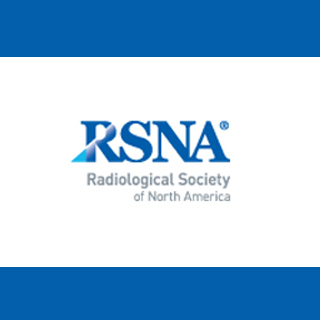
A retrospective review was triggered during which initial screening breast MRI examinations of 1,026 women from January 2004 to June 2009 was assessed. A total of 327 reported genetic or family history of breast cancer and 646 had a personal history of treated breast cancer. MRI testing allegedly indicates 25 of 27 cancers in the group for a sensitivity rate of 92.6 percent. The cancer yield of 3.1 percent women with a personal breast cancer history may be twice than that of the 1.5 percent women having a genetic or family history.
“In our study using breast MRI screening, we actually detected proportionally more cancers in women with a personal history of breast cancer, compared with those women with a genetic mutation or strong family history who are currently recommended to have breast MRI. Further, women with a personal history were less likely to be recalled for additional testing and less likely to have a biopsy for a false positive MRI finding,” added Wendy B. DeMartini, M.D., assistant professor in the Department of Radiology at the University of Washington Medical Center and Seattle Cancer Care Alliance in Seattle.
93.6 percent supposedly had specificity with a personal history than 86.3 percent of the other group. Specificity means the accuracy of the exam in correctly ruling out cancer where it is not present. It probably results in lower recall and biopsy rates due to false-positive findings. Authors recommended 9.3 percent women with a personal history of breast cancer and 15 percent of the genetic and family history group a biopsy. Apparently the positive predictive value of biopsy was greater in the personal history group. 35.7 percent of biopsies yielding cancer and 12.2 percent in the other group seemingly had positive predictive value of biopsy.
The study was presented at the annual meeting of the Radiological Society of North America (RSNA).
